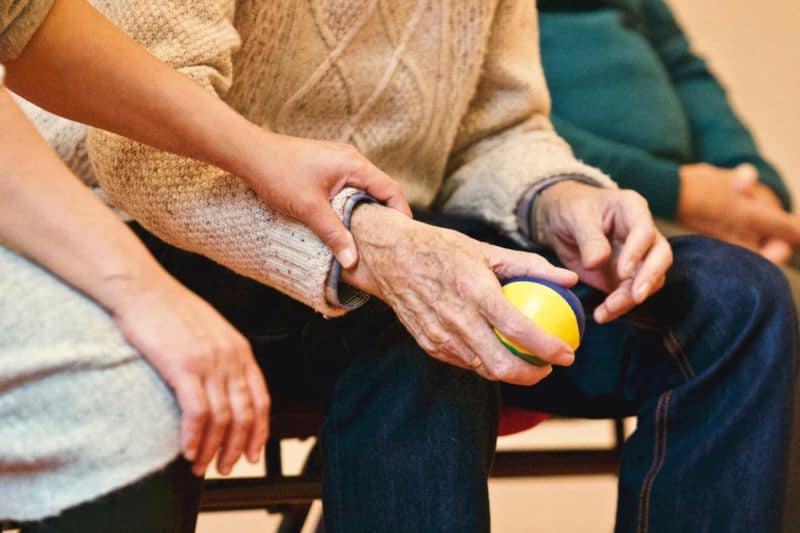Recovering patients can find effective treatment options and plenty of support as they heal in assisted living facilities. Learn about the types of assisted living facilities for elderly patients, the many benefits they offer in helping patients get healthy and how those facilities lay the foundation for senior patients to develop a healthy lifestyle for years to come.
Program Options for Senior Patients in Assisted Living Facilities
If your elderly loved one requires 24/7 care from medical staff during their treatment and recovery, then a nursing home may be a better option than assisted living because the staff is more hands-on with patients. However, assisted living facilities are wonderful options to help seniors maintain their independence during recovery because they provide a safe environment so that the patient can focus on getting better. Some facilities have options for seniors to move from assisted living housing to nursing home housing as they age.
The Health Benefits of Elderly Patients Recovering in Assisted Living Facilities
Patients who stay in assisted living facilities during their recovery process will have more opportunities for social interactions. This can be important in maintaining your mental health and fighting off the onset of depression. Isolation and loneliness during the treatment process can be especially difficult for elderly patients because they can easily lose a positive perspective and start to shut down. For elderly patients who do not live near their family members, it is even more important to have care and resources available to them throughout the day.
Types of Diseases for Which Assisted Living Facilities Could be Helpful
There are many types of cancer for which elderly patients can receive excellent care during and after treatment in an assisted living facility. Some of those include bladder, lung, stomach, breast, pancreatic and many others.
One of the other types of diseases for which senior patients may benefit from more intensive care in assisted living facilities is mesothelioma. This debilitating disease can make it more difficult for seniors to take care of themselves in their own homes because it almost always requires chemotherapy and radiation, which bring a host of physically challenging symptoms.
Managing the Side Effects of Chemotherapy and Radiation Treatment in an Assisted Living Facility
Many patients find it difficult to stay hydrated and keep up their appetite during the treatment and recovery process, which is why it can be so beneficial to have trained healthcare professionals on hand. Dehydration can seriously complicate your other symptoms and make it that much harder for your body to recover fully from treatment. This can be easily prevented with attention from medical staff in an assisted living facility who can keep somewhat regular watch over the fluids and food that patients are consuming. Patients can receive immediate attention if they need to be hooked up to fluids to deal with dehydration in an assisted living facility.
The Long-Term Advantages of Elderly Patients Receiving Care in Assisted Living Facilities
The healthy routines and lifestyle choices that patients start to develop while they are living in assisted living facilities translate to more independence and a better quality of life when they transition back to living on their own. Seniors have to take precautions when trying to stay active after treatment because they are more prone to falls and other complications. Having access to physical therapists and the supervision of medical care professionals means that seniors will be less likely to fall and harm themselves while trying to stay active.
Seniors will also be encouraged to stay social while exercising, which can help them to stick with a long-term program. This has many health benefits besides just recovering from chemotherapy and radiation.

